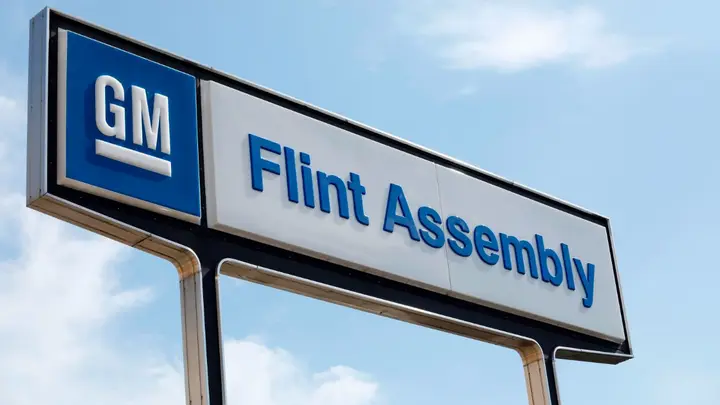Unsettled Engines: UAW Members in Flint Reject GM’s Contract, Raising Questions Nationwide
In a surprising turn of events, the United Auto Workers’ (UAW) tentative contract agreement with General Motors (GM) faces uncertainty as the majority of members at the GM Flint assembly plant in Michigan voted against the proposed deal. UAW Local 598, representing around 5,200 employees at the GM truck plant, reported on Thursday night that 48.2% of workers favored the labor deal, while 51.8% opposed it.
This dissent echoes earlier rejections at GM’s Flint Engine facility reported by UAW Local 659, highlighting a division among the workforce. While production workers at the engine facility narrowly rejected the agreement, employees in other units covered by UAW Local 659 overwhelmingly approved it.
As UAW members at GM, Ford, and Stellantis gear up for crucial votes on historic agreements reached after simultaneous strikes, the Flint assembly plant’s rejection signals a potential roadblock. Despite the tantalizing promise of a 25% raise over the 4.5-year contract, the fissures within the workforce are apparent, and the outcome remains uncertain.
Criticism isn’t confined to GM alone. Stellantis UAW Vice President Rich Boyer addressed members this week, acknowledging discontent with the deal struck with the Chrysler parent company. Two recurrent complaints echo among the members — the inability to secure a return to pensions and the failure to achieve a shorter work week, objectives that were at the forefront of the negotiations.
Amidst the turmoil, Boyer sought to dispel the notion that the UAW hastily accepted the initial offer, revealing the intricate negotiations involved. “Everybody thinks we took the first offer on the table,” Boyer stated. “Just to be clear with you, there were 11 offers and 11 counteroffers in total. Twenty-two passes across the table before we got to this point.”
The rejection in Flint raises questions about the broader sentiment within the UAW. It amplifies concerns that the unity achieved during the weeks-long strikes may not seamlessly translate into approval for the agreements covering a substantial 46,000 workers.
As the UAW faces scrutiny not just from dissatisfied GM workers but also from members across the automotive spectrum, the labor movement is at a crossroads. The rejection of the GM deal in Michigan is a flashing caution light, indicating that the journey towards consensus among auto workers may be bumpier than anticipated. Only time will reveal whether the echoes of discontent in Flint are a singular note or the prelude to a broader symphony of labor unrest in the automotive industry.




